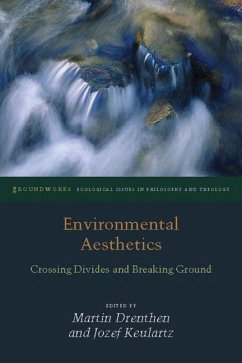Environmental aesthetics crosses several commonly recognized divides: between analytic and continental philosophy, Eastern and Western traditions, universalizing and historicizing approaches, and theoretical and practical concerns. This volume sets out to show how these,perspectives can be brought into conversation with one another.The first part surveys the development of the field and discusses some important future directions. The second part explains how widening the scope of environmental aesthetics demands a continual rethinking of the relationship between aesthetics and other fields. How does environmental aesthetics relate to ethics? Does aesthetic appreciation of the environment entail an attitude of respect? What is the relationship between the theory and practice? The third part is devoted to the relationship between the aesthetics of nature and the aesthetics of art. Can art help Gsave the EarthG The final part illustrates the emergence of practical applications from theoretical studies by focusing on concrete case studies.
Dieser Download kann aus rechtlichen Gründen nur mit Rechnungsadresse in A, B, BG, CY, CZ, D, DK, EW, E, FIN, F, GR, HR, H, IRL, I, LT, L, LR, M, NL, PL, P, R, S, SLO, SK ausgeliefert werden.









